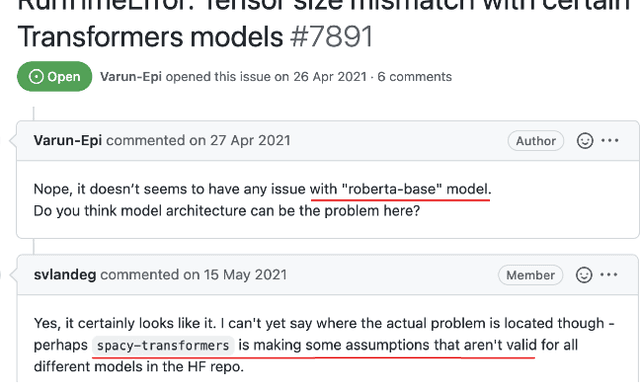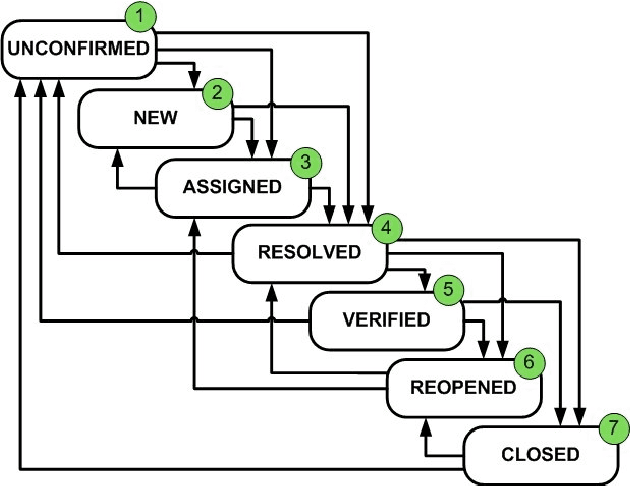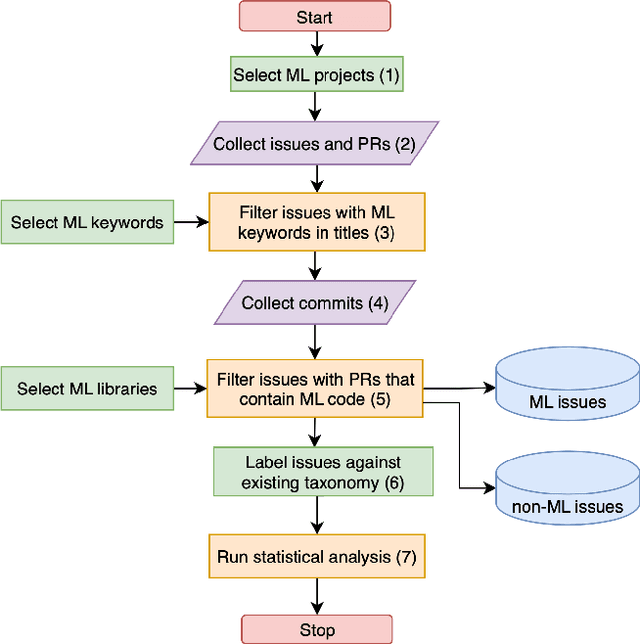Comparative analysis of real bugs in open-source Machine Learning projects -- A Registered Report
Paper and Code
Sep 20, 2022



Background: Machine Learning (ML) systems rely on data to make predictions, the systems have many added components compared to traditional software systems such as the data processing pipeline, serving pipeline, and model training. Existing research on software maintenance has studied the issue-reporting needs and resolution process for different types of issues, such as performance and security issues. However, ML systems have specific classes of faults, and reporting ML issues requires domain-specific information. Because of the different characteristics between ML and traditional Software Engineering systems, we do not know to what extent the reporting needs are different, and to what extent these differences impact the issue resolution process. Objective: Our objective is to investigate whether there is a discrepancy in the distribution of resolution time between ML and non-ML issues and whether certain categories of ML issues require a longer time to resolve based on real issue reports in open-source applied ML projects. We further investigate the size of fix of ML issues and non-ML issues. Method: We extract issues reports, pull requests and code files in recent active applied ML projects from Github, and use an automatic approach to filter ML and non-ML issues. We manually label the issues using a known taxonomy of deep learning bugs. We measure the resolution time and size of fix of ML and non-ML issues on a controlled sample and compare the distributions for each category of issue.
 Add to Chrome
Add to Chrome Add to Firefox
Add to Firefox Add to Edge
Add to Edge